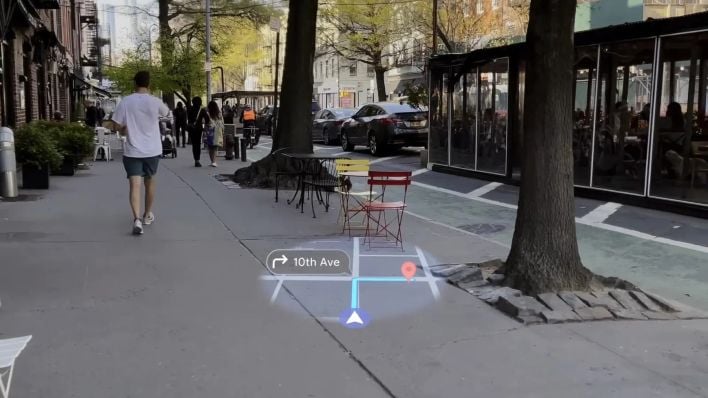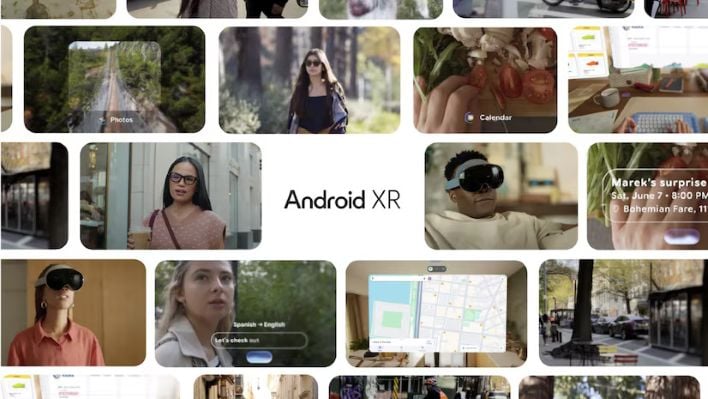Google has unveiled a powerful convergence of its ambitious Android XR platform and the
ever-growing capabilities of its Gemini AI. This integration was showcased extensively at Google I/O, including a demo of the OS performing livestreams, Google Map-ping, and photo captures using beta Android XR glasses. Google plans to take on Meta AI glasses by early 2026 (or as soon as late 2025) with new hardware in partnership with select eyewear brands.
While dedicated Android XR headsets like
Samsung's "Project Moohan" (expected later this year) offer immersive VR experiences, the real buzz centered on Google's prototype smart glasses demoed on stage at Google I/O yesterday. These lightweight spectacles, designed in collaboration with eyewear brands like Warby Parker and Gentle Monster, aim for everyday wearability,
a la Ray-Ban Meta AI glasses.
And just like the aforementioned competitor, the Android XR glasses is equipped with cameras, microphones, and speakers that work in tandem with your smartphone. Imagine receiving turn-by-turn directions overlaid onto your actual view of the street, or having real-time language translation appear as subtitles for the world around you during a conversation. During the live demonstration, Google showcased how Gemini can field questions about your surroundings, help manage your calendar, take photos with a simple voice command, and even assist with messaging friends – all without reaching for the phone.
Shahram Izadi, VP and GM of Android XR said during the presentation that "when you're on the go, you'll want lightweight glasses that can give you timely information without reaching for your phone." He also added that "we built Android XR together as one team with Samsung and optimized it for
Snapdragon with Qualcomm.”
Aside from these aforementioned development and hardware partners, Google has also partnered with other manufacturers, including Xreal for developer-focused glasses (Project Aura), to bring Android XR to a range of devices. The underlying Android XR platform itself, now in its second developer preview, boasts enhanced capabilities like hand tracking, immersive video playback, and a robust toolkit for developers using Jetpack XR, Unity, OpenXR, and WebXR.
While specific release dates and pricing remain under wraps, the focus is clearly on an
ecosystem-driven approach. By deeply integrating Gemini AI into everyday eyewear, Google is betting on a future where helpful, context-aware AI is literally always in view, transforming how we interact with information and the world around us.



